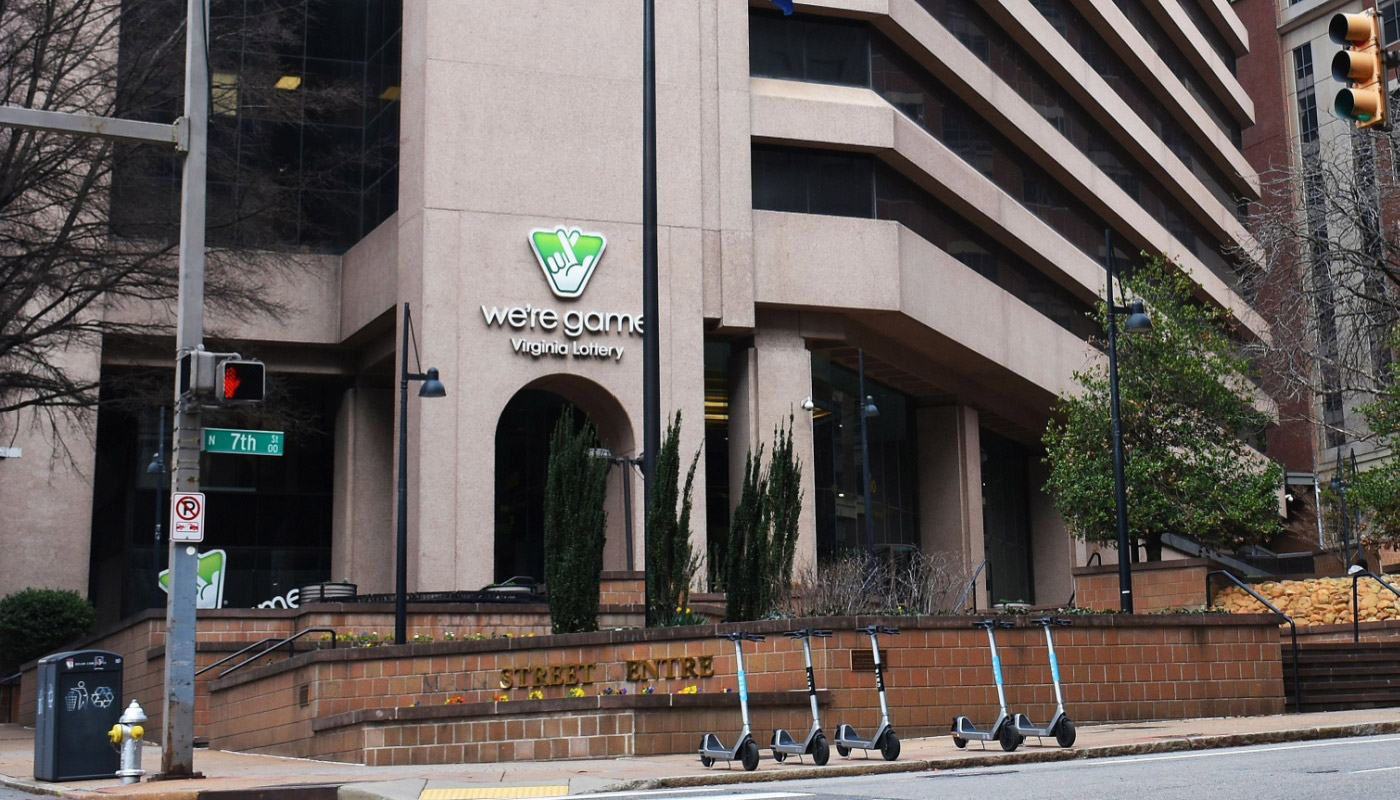
News writer, Interviewer
Picture this: You've just won the lottery. The numbers match, the prize is staggering, and your life is about to change forever. For criminals, however, the lottery isn't a dream come true; it's a lucrative opportunity to launder their illicit gains.
Unlike traditional money laundering schemes, which often involve intricate financial transactions and shell companies, the lottery offers a surprisingly straightforward path to legitimizing illicit funds. The allure lies in its simplicity and the anonymity it provides.
One of the biggest draws for criminals is the ability to purchase lottery tickets with cash, obscuring the origins of their funds. This makes it incredibly difficult for law enforcement to trace the money back to its illegal source. And with millions of people buying lottery tickets every week, it's easy for criminals to blend in with the crowd, further complicating detection efforts.
A real-world example
In a high-profile case that unfolded between 2011 and 2020, the Jaafar family orchestrated an elaborate scheme to defraud the Massachusetts State Lottery Commission and the IRS. This intricate operation involved a network of convenience stores across the state, which purchased winning lottery tickets from individuals seeking to avoid identification and taxation.
The Jaafars then claimed the full prize money as their own, lied on their tax returns, and laundered over $20 million in proceeds. Their scheme resulted in significant federal tax losses, with over $6 million directly benefiting the defendants.
As a result of their actions, the Jaafars were sentenced to prison, ordered to pay restitution, and faced substantial financial penalties. Additionally, the Massachusetts State Lottery Commission is revoking or suspending the licenses of more than 40 lottery agents involved in the scheme.
This case serves as a stark reminder of the potential for criminals to exploit vulnerabilities in the lottery system for financial gain. It highlights the importance of ongoing efforts to combat money laundering and ensure the integrity of this popular pastime.
The criminal's playbook
Criminals have devised a variety of tactics to exploit the lottery system for their own gain. Here's a look at some of the most common methods:
- Bulk ticket purchases: Think of it as a numbers game. Criminal organizations purchase massive quantities of lottery tickets, hoping that sheer volume will increase their chances of a big win. These tickets are then cashed in at multiple locations to avoid raising suspicion.
- Syndicate schemes: Organized crime groups often form syndicates, pooling their resources to increase their chances of winning. These syndicates can include both legitimate players and individuals with ties to criminal enterprises.
- Third-party redemption: To further distance themselves from the illicit funds, criminals may enlist the help of friends or family members to cash in winning tickets on their behalf.
By using these tactics, criminals can launder large sums of money through the lottery system, turning their illicit gains into seemingly legitimate winnings.
Beyond the draw
The influence of organized crime extends beyond manipulating lottery drawings.
In some instances, criminal groups may use intimidation and violence to coerce lottery winners into handing over a portion of their winnings or to pressure lottery officials into rigging draws. This creates a climate of fear that undermines the integrity of the lottery system.
In other cases, organized crime groups may infiltrate lottery retailers to participate in money laundering schemes, exploiting the anonymity afforded by the lottery system to mask the movement of illicit funds.
News of these criminal activities can erode public trust in the lottery system, discouraging participation and reducing potential revenue for good causes supported by lottery funds.
The influence of organized crime on the lottery system extends far beyond manipulating drawings, posing a significant threat to the integrity and public trust in this popular pastime.
Achilles' heel
Despite efforts to safeguard against money laundering, the lottery system remains vulnerable to exploitation. Here are some key weaknesses:
- Limited due diligence: Lottery retailers often have limited requirements for verifying the identity of customers purchasing tickets with cash. This lack of oversight creates opportunities for criminals to anonymously participate in the lottery.
- Cash-based transactions: The prevalence of cash transactions in the lottery system makes it easier for criminals to launder money without leaving a paper trail. Unlike electronic payments, cash transactions are more difficult to trace, providing an avenue for illicit activities.
- Inadequate reporting requirements: While lottery authorities may monitor large winnings for potential signs of money laundering, the reporting requirements vary significantly from jurisdiction to jurisdiction. This inconsistency can create loopholes that criminals can exploit.
These vulnerabilities collectively create a fertile ground for money laundering, making the lottery system a target for criminals seeking to legitimize their illicit gains.
Fighting back
To combat the growing threat of money laundering through the lottery, authorities have implemented various measures:
- Strict random number generation: Modern lotteries rely on sophisticated random number generators (RNGs) to ensure the fairness of drawings and prevent manipulation. These RNGs are regularly audited and monitored to maintain their integrity and prevent tampering.
- Ticket security features: Lottery tickets incorporate a variety of security features, such as watermarks, holograms, barcodes, and unique serial numbers, to deter counterfeiting and fraud. These features make it difficult for criminals to reproduce counterfeit tickets and to track the movement of legitimate tickets.
- Rigorous background checks: Lottery officials and employees undergo thorough background checks to minimize the risk of insider collusion. These checks help identify individuals with criminal records or connections to organized crime, reducing the likelihood of insiders assisting in money laundering schemes.
- Law enforcement cooperation: Lotteries collaborate closely with law enforcement agencies to investigate suspicious activity and identify potential scams. This partnership allows for the sharing of intelligence and coordinated responses to threats posed by organized crime. By working together, authorities can more effectively disrupt money laundering networks and bring perpetrators to justice.
Through these measures, authorities are working to strengthen the lottery system's defenses against money laundering and protect the integrity of this popular pastime.
A gamble against crime
While authorities have implemented measures to combat this problem, the vulnerabilities in the system remain a challenge.
To safeguard the lottery's integrity and ensure it remains a source of enjoyment and opportunity for all, it is important stakeholders remain vigilant and proactive. By strengthening security measures, fostering collaboration, and promoting transparency, we can protect the lottery from the clutches of criminal activity and ensure its continued success.

















Comments